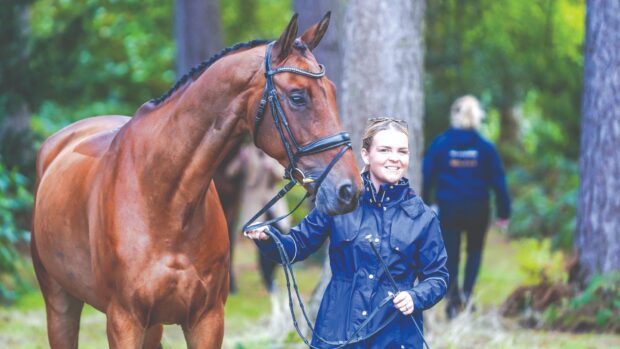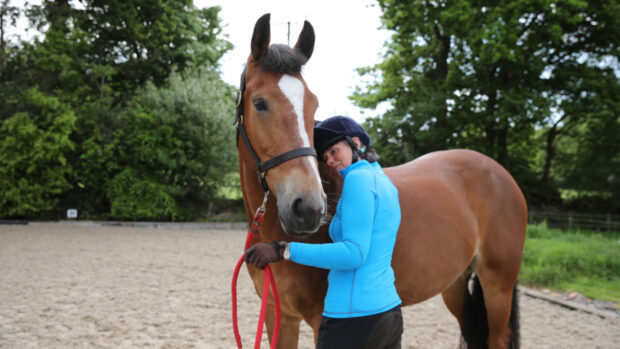The term “working pupil” is used rather loosely and interpretations of what it means vary. Traditionally, working pupils were taken on as grooms and received training and work experience in lieu of payment.
“The expression ‘working pupil’ has no legal standing and sadly some young people find themselves nothing more than cheap labour. ‘Working pupils’ should be on the payroll and treated like any other employee,” says Lucy Katan from the British Grooms Association.
“We advise working pupils to ensure they have a signed, written statement of terms, outlining what their hours and obligations will be, but also what the yard will provide in terms of training and days off.”
They should be paid the national minimum wage, which varies depending on age.
Many yards offer accommodation for working pupils and allow them to bring their own horses. These costs are then, quite legitimately, deducted from wages.
Once all the terms are in place for your placement however, there are huge benefits to being a work pupil.
7 reasons to be a working pupil
1. You will experience all aspects of running a yard and managing horses from feed, health, competition and exercise management.
2. It will give you the knowledge and confidence to groom at events and understand the importance of pre- and post-competition work.
3. There will be the possibly to get NVQs or other qualifications, including those required to drive a horsebox.
4. It will prove your ability to work in a team, manage time and work long hours.
5. It will give you the chance for networking — being a working pupil is a brilliant opportunity to make contacts, including owners and sponsors.
6. Potential employers really value the experience. “Parents seem happier to pay for college but, as an employer, I would always take someone who’d been a working pupil over a college leaver,” says Georgina, wife of eventer Paul Tapner, who typically has four or five pupils. Dressage rider Andrew Gould agrees: “It’s a no-brainer. You can’t beat the experience of someone who has actually been in the industry,” he says. “Working with horses requires hard work and passion. A working pupil has already proved that commitment.”
7. It shows that you know how to work hard. “It is not just about horses. Working pupils learn how to deal with clients, sponsors and people in general,” says Andrew. “Above all it shows that you’re not afraid of hard graft.”
For more advice, contact the British Grooms Association at www.britishgrooms.org.uk
This article was first published in Horse & Hound magazine (11 July 2013)



